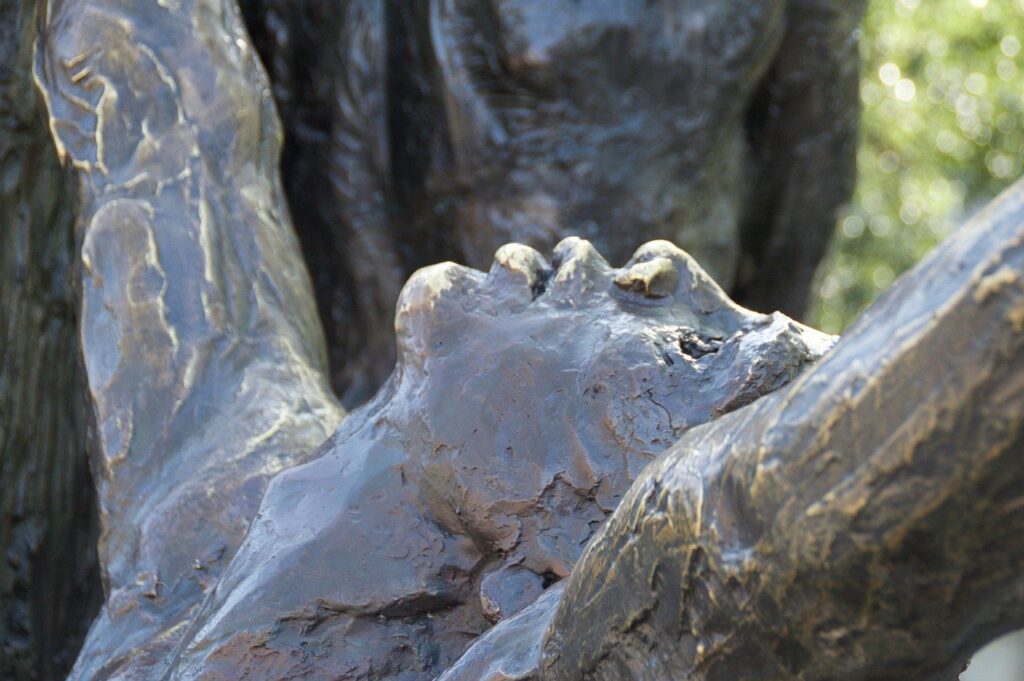Operation Turquesa III
LYON, France – An operation led by INTERPOL targeting migrant smuggling and human trafficking across the Americas has sparked 216 arrests and the identification of more than 10,000 irregular migrants from 61 different countries.
Operation Turquesa III (29 November – 3 December) saw authorities in 34 countries carry out targeted, coordinated enforcement actions against criminal networks believed to be moving vulnerable men, women and children across borders for profit.
While many of the migrants reported paying exorbitant fees to take often-dangerous journeys, other victims faced continued exploitation. In total, authorities rescued 127 human trafficking victims from forced labour and sexual exploitation during the operation.
A dedicated operational coordination unit in Mexico City and a support unit at the Caribbean Community Implementation Agency for Crime and Security’s (CARICOM IMPACS) Joint Regional Communications Centre (JRCC) supported participating countries throughout the weeklong operation. Some 65,000 checks were carried out against INTERPOL’s databases at air, land and sea borders as well as 98 strategic checkpoints across four continents.
.
Turquesa III operational highlights
- Authorities in El Salvador arrested 14 suspected migrant smugglers believed to have charged their victims between USD 8,000 and 12,000 to reach the United States.
- In Ecuador, authorities arrested 16 Ecuadorian and Venezuelan nationals suspected of belonging to the ‘Tren de Aragua’ gang and working with an armed group in Colombia to smuggle Haitian migrants.
- In Chile, authorities discovered the body of a Venezuelan national near the border with Bolivia, leading them to identify a smuggling corridor for Venezuelan migrants, facilitated by a Bolivian citizen.
- Brazil’s Federal Police arrested five members of an organized crime group suspected of facilitating the irregular migration of Haitian nationals from Brazil to Bolivia.
- The CARICOM IMPACS JRCC unit received crucial information linking a known smuggler in Brazil to a Pakistani national, enabling them to warn authorities in Guyana about the pending arrival of six other Pakistani nationals looking to make their way to the US.
- Mexican authorities seized 19,370 blank passports which were then added to INTERPOL’s travel and identity documents database. One of those passports was subsequently detected at Mexico City’s International Airport, when a Cuban citizen from Panama was caught trying to enter the country.
- Migrants continued to undertake difficult journeys by sea, with authorities in Turks and Caicos, Curacao and the United States detecting dangerously full vessels.
- Several countries in the Caribbean detected the use of fraudulent Spanish and Portuguese identity and travel documents.
.
The reinforced border controls also led to some notable arrests outside the operation’s target crime areas:
- El Salvador officials arrested a Costa Rican attempting to smuggle USD 83,000 worth of illicit medicines into the country.
- Portuguese officers arrested two individuals subject to INTERPOL Red Notices, wanted for fraud and manslaughter respectively.
- Panamanian authorities detected the subject of a Red Notice requested by Venezuela for fraud and money laundering.
.
Trafficking in children
A notable difference between this year’s results and previous iterations of Operation Turquesa was the number of children taken across borders for the purpose of exploitation, often sexual. All of the identified victims were taken into protective care and received assistance.
- Colombian authorities dismantled a criminal organization known as the ‘Casa Inglesa’ involved in human trafficking for sexual exploitation of children in Bogota. An INTERPOL Purple Notice was also published at Colombia’s request, detailing a modus operandi whereby children were being recruited in Venezuela and smuggled via Colombia to Ecuador for sexual exploitation.
- 27 people in El Salvador were arrested on child sexual abuse and child labour offences.
- In Belize, authorities identified 11 possible victims of trafficking, including a Honduran mother and her three children.
- Paraguayan and Argentinian authorities worked together to rescue a child being trafficked for sexual exploitation.
- Mexico requested the publication of four INTERPOL Red Notices against individuals suspected of human trafficking for sexual exploitation and storing and publishing child sexual abuse images.
.
International, cross-sector cooperation key.
Jürgen Stock, INTERPOL’s Secretary General, recognized the strong mobilization and coordination behind Turquesa III: “INTERPOL and our partners remain relentless in our collective mission to protect the vulnerable from criminal groups. Each operation reinforces our network, casting a wider net against organized crime. By working together, we dismantle criminal structures, we cut off major sources of profit and most importantly, we rescue innocent victims.”
Beyond the backing of INTERPOL’s global membership and infrastructure, Operation Turquesa III received key operational support from:
- CARICOM IMPACS, which engaged with Caribbean countries and hosted the support unit in the JRCC headquarters in Barbados;
- The United Nations Office on Drugs and Crime, which provided judicial support through the specialized REDTRAM network and will continue to do so in the follow-up to the operation;
- The International Organization Migration, which provided assistance to migrants and trafficking victims;
- Europol, which cross-checked information against their databases.
.
Participating countries
Argentina, Bahamas, Barbados, Belize, Bermuda, Bolivia, Brazil, Canada, Chile, Colombia, Costa Rica, Curacao, Dominican Republic, Ecuador, El Salvador, Grenada, Guatemala, Guyana, Honduras, Jamaica, Mexico, Morocco, Nicaragua, Panama, Paraguay, Peru, Portugal, Spain, Suriname, Turks & Caicos, United Kingdom, United States, Uruguay, Venezuela.
Operation Turquesa III was supported by Project Proteger with funding from Global Affairs Canada. Project Proteger aims to both curb migrant smuggling in the Americas and build regional law enforcement capacity in planning, implementing and evaluating police actions with a gender-sensitive approach.
.
10 December 2021, INTERPOL Website






